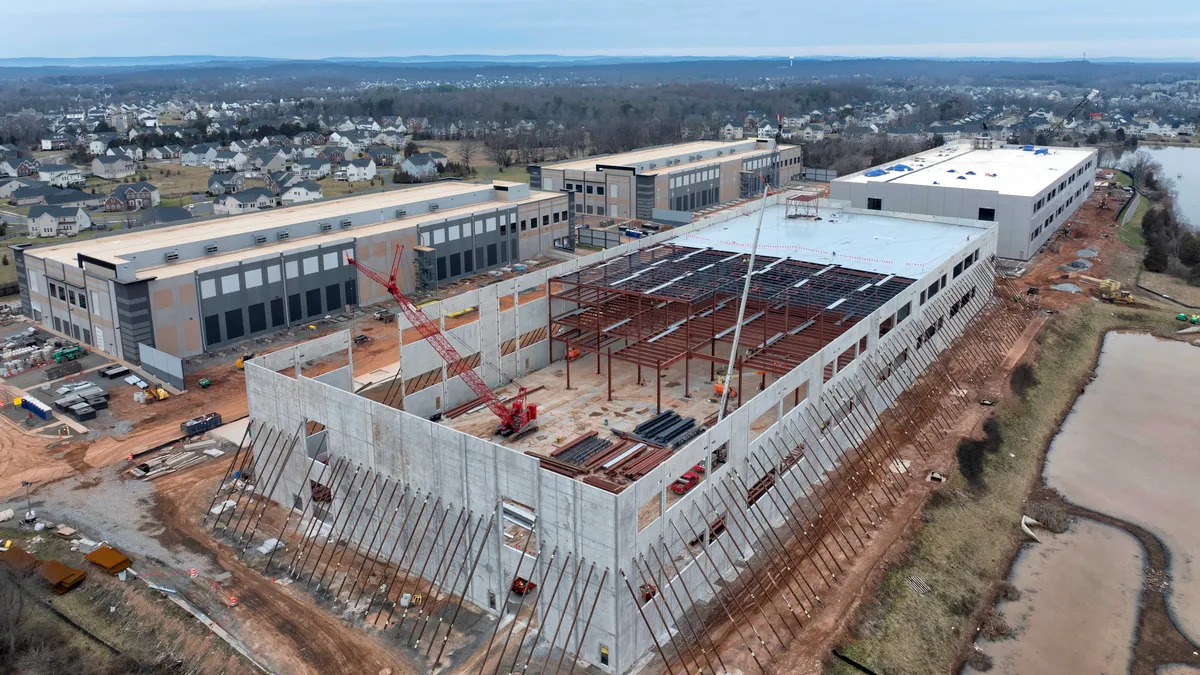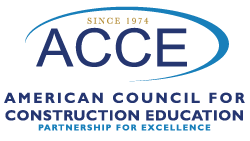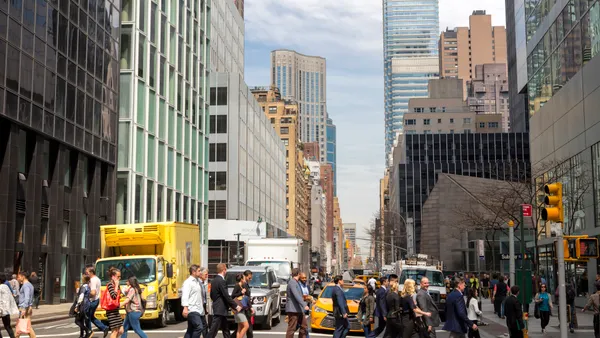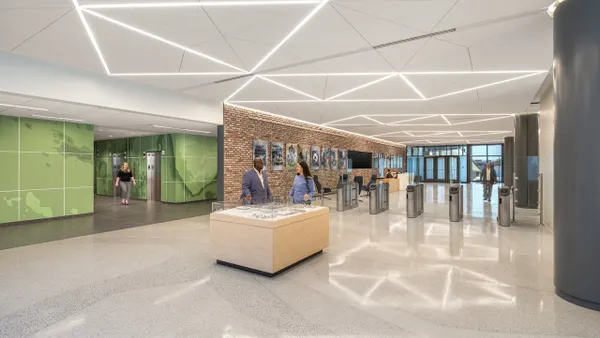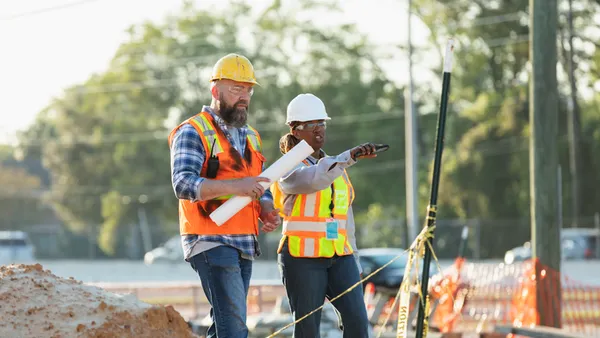Dive Brief:
- There is mounting expert consensus that the schedule and cost estimates that the California High-Speed Rail Authority set for completion of its $68 billion Los Angeles-San Francisco bullet train project is unrealistic and cannot be achieved, the Los Angeles Times reported.
- The project is already more than two years behind schedule, has yet to finalize land purchases, does not have all its financing or permit approvals, is facing several lawsuits, and is already double the cost it was when voters approved the project seven years ago, the LA Times reported.
- The project, with Parsons Brinckerhoff as the primary project management contractor, is supposed to be complete in 2022. It requires tunneling 36 miles through two mountain ranges — the San Gabriel and Tehachapi Mountains — and through earthquake faults and other areas that have yet to be mapped geographically. The state, the LA Times reported, does not have a timeline for important milestones in the tunneling portion of the project but has left that task to future contractors.
Dive Insight:
According to the LA Times, the state ignored a 2013 report issued by Parsons Brinckerhoff estimating that the entire project would cost at least 5% more than its current budget. The state chose to use a lower estimate in its 2014 business plan.
Rail authority chief executive Jeff Morales told the LA Times the authority can cut costs and make up for delays, but experts, for the most part, agree that is wishful thinking. "Once cost increases start, they are likely to continue," Bent Flyvbjerg, a University of Oxford professor and expert on megaproject risk, told the LA Times.
The main problem lies with the complexity of the type of rock that construction equipment must bore through. MIT civil engineer Herbert Einstein estimated that the best the tunnel-boring equipment will be able to complete is 10 feet a day, which would result in a timespan of more than one year to advance just one mile. That pace would put the project seriously behind schedule.
Recent high-profile tunnel boring failures bear this out. Seattle’s Alaskan Way Viaduct has been delayed because Bertha, the project tunnel boring machine, broke down two years ago and still hasn't been fixed.
In addition, the California rail authority has yet to come up with approximately $53 billion needed to complete the project, but Morales said the authority is counting on financing to become available as the project progresses.
"Nobody can sit here and tell you what something like this is going to cost over a 20-year period," Morales told the LA Times. "Any big program like this is loaded with challenges. The day you hear me say I am comfortable is the day I am not telling you the truth or the day I have deluded myself."





